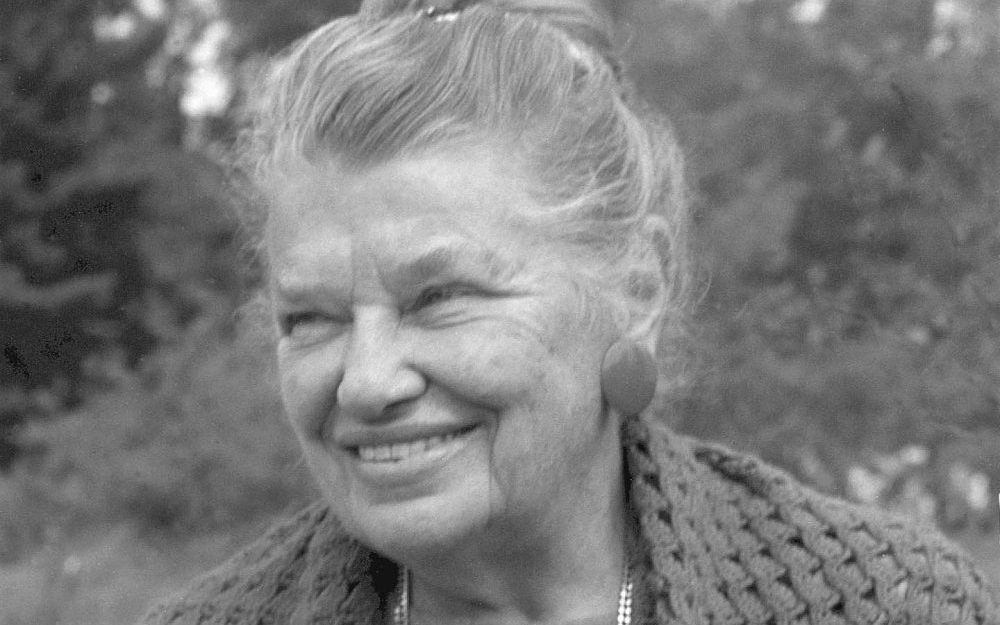
Catherine de Hueck Doherty
Born: August 15, 1896
Died: December 14, 1985
Today the cause for the canonization of Doherty, a former Russian baroness, is under consideration by the church. But when I first discovered her work and thought in the late 1970s, she was still considered a bit troublesome.
Doherty was a peer of Dorothy Day, and the two women were similar in their passion for social justice and in their establishment of Catholic lay communities committed to the poor. Both were authors and lecturers on God and the gospel, and both were outspoken critics of the church and society on matters of poverty, economic justice, and race.
Further, Catherine Doherty was a significant pioneer in the introduction of Eastern spirituality to the West. She loved to describe the immense tenderness and mercy of God at a time when the divine was usually viewed as something to be feared. And she spoke passionately of the “desert experience” of silence and solitude where God’s mercy can be experienced. “True silence is a key to the immense and flaming heart of God,” she said.
Born in 1896 to a wealthy family in Russia, Doherty was 15 when she married a cousin, Baron Boris de Hueck. With her husband and young son, she fled the country during the Russian Revolution and arrived penniless in Canada in 1920. To support her family, she worked as a maid, sales clerk, laundress, and eventually, with a lecture bureau.
She was continually haunted by the words of Christ: “Sell all that you have and give to the poor, and come follow me.” So after her marriage fell apart and with her son’s education provided for, Doherty began giving away her possessions.
In the early 1930s she lived with the poor in an impoverished section of Toronto and founded Friendship House there as a Catholic interracial apostolate and soup kitchen. She went on to establish Harlem Friendship House in New York City, where one volunteer in 1942 was none other than Thomas Merton, who became a lifelong friend and champion.
She married well-known American crime reporter Eddie Doherty, and together the couple founded Madonna House in rural Combermere, Ontario. The apostolate still operates as a community of Catholic laypeople and priests who embrace lives of prayer and simplicity and make yearlong, renewable promises of poverty, chastity, and obedience.
More about Catherine de Hueck Doherty:
Catherine de Hueck Doherty: From Russia with love
An icon of Catholic social justice, Catherine de Hueck Doherty found that living among the poor helped her find stillness and peace.
Image: Madonna House Archives







